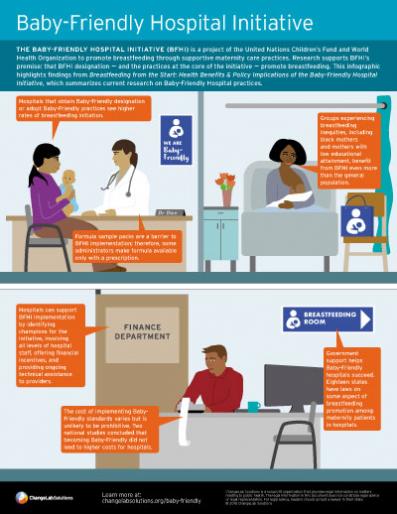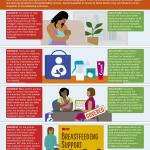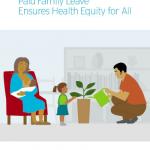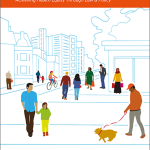Breastfeeding from the Start
The health benefits & policy implications of the Baby-Friendly Hospital Initiative
Breastfeeding has health benefits for both mother and child—including decreased risk of infant and maternal morbidity—in addition to economic and developmental benefits.
The health benefits of breastfeeding make it a leverage point for improving health equity, and the Healthy People 2020 goals provide benchmarks for rates of breastfeeding at 6 months and 12 months after the birth of a child.
For new mothers who want to breastfeed their babies, the hospital where they give birth is an important source of information and support. The Ten Steps to Successful Breastfeeding, an evidence-based standard for maternal care practices in hospitals, were formulated by Baby-Friendly USA, which is implementing the Baby-Friendly Hospital Initiative (BHFI) of the United Nations Children’s Fund and the World Health Organization.
With support from the W.K. Kellogg Foundation, ChangeLab Solutions has developed an infographic and fact sheet on the health benefits and policy implications of BFHI. These resources provide an overview of the research on the cost and efficacy of BFHI. They also present the evidence base for state, local, and hospital policies that support breastfeeding.
For more information about state laws on breastfeeding-friendly practices in hospitals, see the recording and slide deck from our webinar on this topic, our state-specific fact sheets on laws supporting breastfeeding among maternity patients, and our database at LawAtlas.






